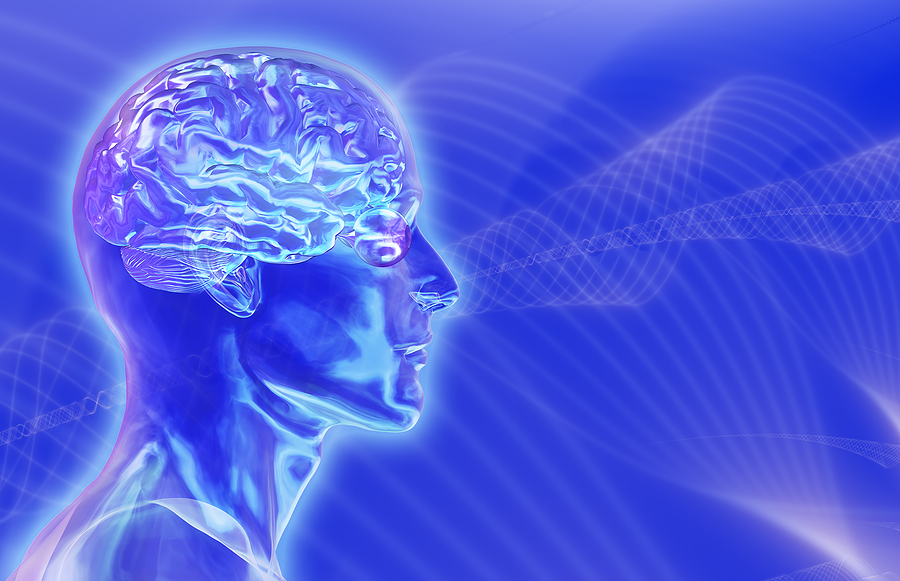Mutant gene associated with schizophrenia and bipolar disorder
By Liz Lockhart
A new study reveals that DISC1 (Disrupted in Schizophrenis-1) mutations impair a specific signalling  pathway in neurons that is crucial for normal brain development.
pathway in neurons that is crucial for normal brain development.
In recent times, scientists have discovered genetic mutations which are associated with a greater risk of psychiatric illnesses such as bipolar disorder and schizophrenia. One of these mutations is DISC1 which was first identified in a Scottish family with high rates of schizophrenia, depression and bipolar disorder.
Since then other studies have shown that DISC1 mutations can result in impaired cognition and altered brain structure.
The new study is from Li-Huel Tsai, director of MIT’s Picower Institute for Learning and Memory. In this study 750 people were screened. Some of them were healthy and some of them had psychiatric disorders. The researchers found several common variants of the DISC1 gene. Although these mutations disrupted normal brain development they were not enough to cause disease on their own.
Tsai says ‘A lot of the human population may carry this genetic defect and they probably actually have some defects in their brain development. However, it’s also pretty clear that by itself it is not sufficient to cause psychiatric disorder. That’s very consistent with the notion that there probably has to be a combination of several different genetic variations to trigger a clinically measurable outcome.’
The lead author of the study is Karun Singh, a post doc. At the Picower Institute. The study appears in th journal Neuron.
In 2009, Tsai and her colleagues published a study which showed that the DISC1 gene regulated a cell signalling pathway known as Wnt. This pathway was found to stimulate stem cell proliferation during embryonic development. In terms of psychiatric disease, Wnt signalling promotes the proliferation of neuro-progenitor cells. These are immature cells that become neurons.
Tsai says ‘What we found is that DISC1 actually maintains the integrity of Wnt signalling. So if DISC1, for whatever reason, is lost, then Wnt signalling is impaired. This also resulted in impaired neuro-progenitor proliferation and brain development.’
Tsai and her fellow researchers revealed that DISC1 regulates Wnt signalling by shutting off the enzyme called Gsk3-bets. It is interesting to not that Gsk3-beter is the target of lithium which is commonly used in the treatment of bipolar disease.
‘We proposed in that paper that DISC1 is basically endogenous lithium, to maintain the integrity of Wnt signalling,’ Tsai says.
In this new study, Tsai’s laboratory, together with researchers from the Stanley Centre for Psychiatric Research at the Broad Institute, investigated the impact of DISC1 mutations in the general human population.
They sequenced the DISC1 gene in more than 700 people, some healthy and some with schizophrenia or bipolar disorder. They identified several variants of the DISC1 gene. None of the single mutations were found to be significantly more common in the diseased population than in the healthy population.
‘That suggests that DISC1 variants in humans, by themselves, do not cause disease,’ Tsai says.
The researchers selected four of the most common DISC1 mutations and examined their effects in human cells, mice and zebra fish. It was found that three of these variants do lead to impaired Wnt signalling. As some of those mutations were found in healthy people this demonstrated that, on their own, they are not enough to cause disease.
The fourth variant did impair neurons’ ability to move to the proper location during brain development and form circuits with other cells but did not affect Wnt signalling.
‘This paper by Tsai’s lab makes the crucial link between disease-associated human DISC1 variants and Wnt/Gsk3-beta signalling and brain development says Albert Wong of the University of Toronto. Wong was not involved in this study. He also says that the findings are ‘an important step forward’ in understanding how DISC1 mutations can lead to abnormal brain structure and function.
Even though the genetic defects clearly cause some malfunctions at the cellular level, it is not surprising, says Tsai.
‘The brain is really a remarkable organ. It’s just so plastic and has this enormous capacity to compensate for any kinds of defects,’ Tsai says. She feels that future studies will show other genetic mutations that are also necessary to produce schizophrenia and other psychiatric disorders.
The researchers also examined Wnt signalling levels in people with bipolar disease and found that they were much lower than in healthy people. This suggests that bipolar disease and schizophrenia may share some of the same origins.
‘A lot of genes implicated in schizophrenia are also implicated in bipolar. Now, biochemically, it seems to be the case as well,’ Tsai concludes.





